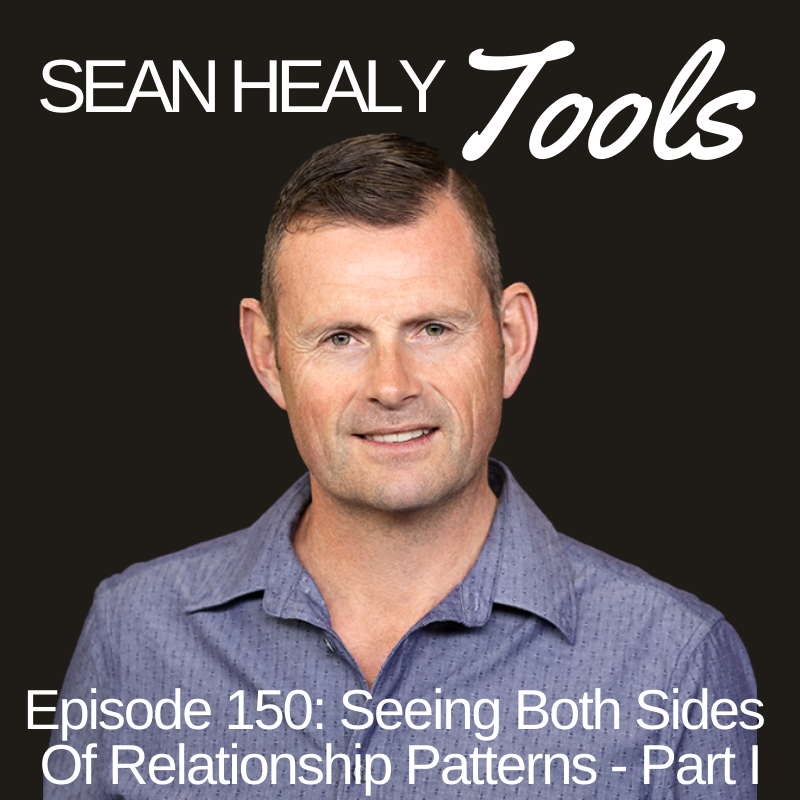Taking accountability for our contributions to relational stress
Continuing on with exploring how we do us in relating and in particular what is my contribution to us? Spotting one's own contribution particularly when relational anxiety is up, isn't always easy.
We can become aware of how seemingly emotionally reactive our partner is whilst not being tuned into how we are coming across. We can become critical and focused on point-scoring at the expense of the relationship’s overall health. We can focus on what our partner needs to do rather than on what I need to do.
In times of relational harmony, have we taken the time as a couple to agree to the guidelines of how specifically we will argue? Importantly if we have, then under pressure do we adhere to them or feel we are justified to break the rules we set up.
Can we step away if things are amplifying unproductively and just as importantly finish challenging discussions later rather than sweep them under the carpet?






